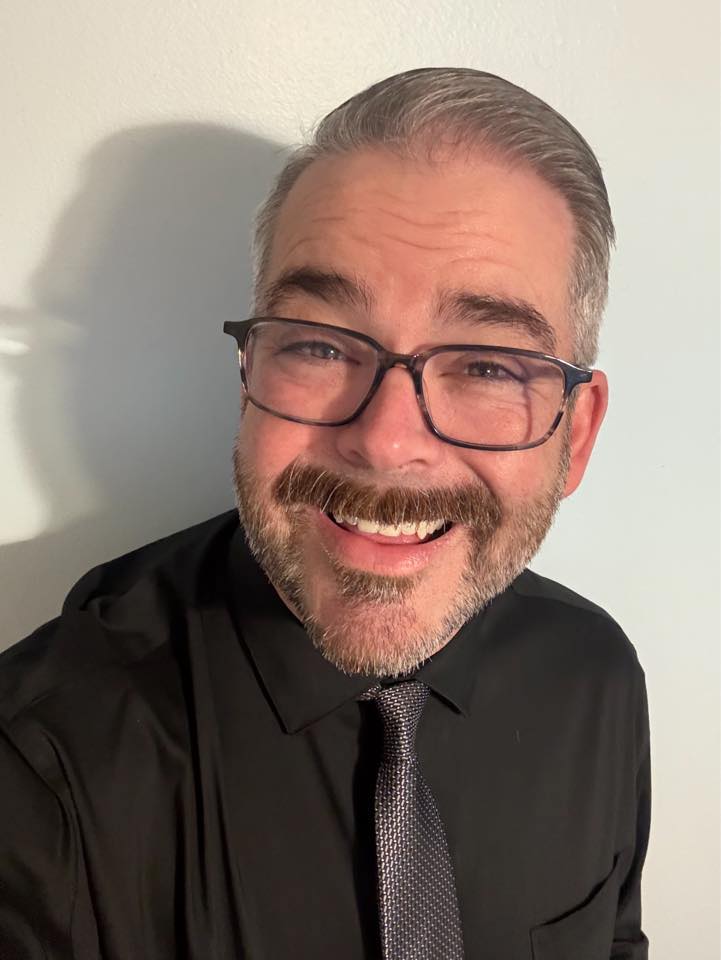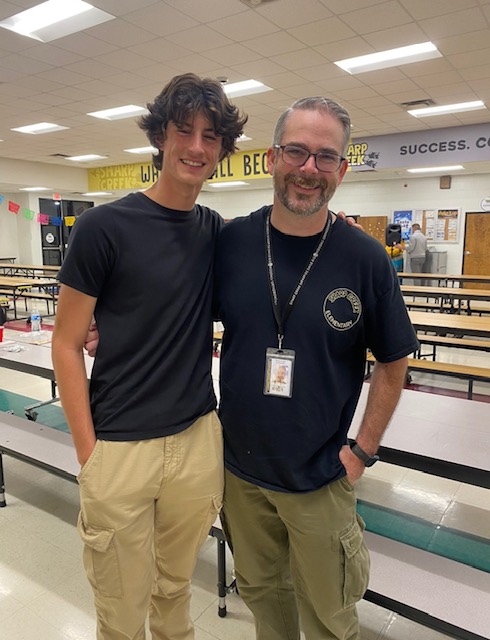

Today we’d like to introduce you to Jeremy Shain.
Alright, so thank you so much for sharing your story and insight with our readers. To kick things off, can you tell us a bit about how you got started?
I began working in the field of mental health at the age of 19, as a part time houseparent in a group home for adults chronic and severe mental illness. It was my plan to gain a little experience and then move on. Instead, I fell in love and found purpose in the work that I was doing. I continued working in community mental health for approximately 10 years before returning to school at the University of West Georgia to earn my master’s degree in counseling. At that time, I also began working at one of our county schools as a special education paraprofessional.
Since then, I have earned my master’s, specialist, and doctoral degrees. I worked as a school counselor at the middle school level for a decade before transitioning to working in an elementary school.
I have always worked at Title 1 schools, meaning that resources for many of our families are limited. In addition to supporting the academic and social-emotional needs of students, I have worked to help make sure that families have adequate food, school supplies, clothing, and hygiene needs met. I love working with students and seeing them become all that they can be!
We all face challenges, but looking back would you describe it as a relatively smooth road?
The road has not always been smooth, but I will say that it has been worth it.
Returning to college to complete my doctorate past the age of 40 was quite a challenge. I was accepted and chose to attend Oregon State University, meaning that I had to balance my work load with my academic requirements – including traveling back and forth to Portland twice a term. Fortunately, I had good support at home and was able to find some scholarship money to help ease the way.
Also, I think it can be challenging for school counselors. Case loads and needs tend to be high. There is also a tendency of families who have had negative experiences with the school system not to immediately trust school staff. Building relationships is so very crucial to gaining trust from families and financial supports from donors in the community.
Appreciate you sharing that. What else should we know about what you do?
I would say that I am known for building community and strong relationships with families. I am most proud of the work that I did supporting our food and clothing banks over the years. Also, for starting a Students-In-Need account that is funded entirely by donations and helps us support families when other resources are not available.
Where do you see things going in the next 5-10 years?
I think there will always be a need for passionate, dedicated, professional school counselors.














